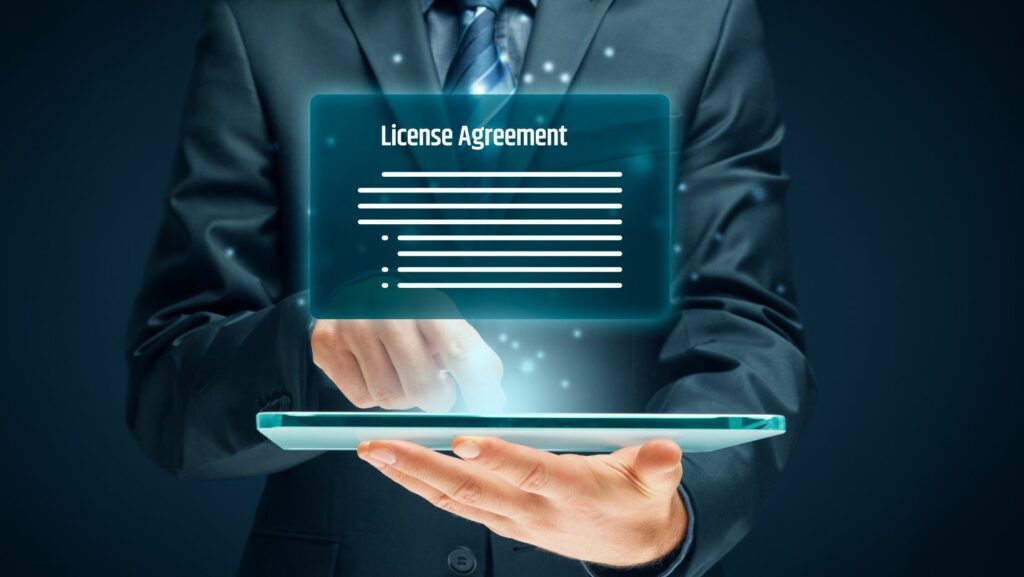As a seasoned blogger, I’ve delved into the realm of government licensing software, a crucial tool for modern governance. In today’s digital age, the efficient management of licenses and permits is essential for government agencies to streamline operations and enhance public service delivery. Government licensing software plays a pivotal role in automating processes, ensuring compliance, and improving overall efficiency. In this article, I’ll explore the significance of government licensing software in enhancing regulatory compliance, reducing administrative burdens, and fostering transparency in public sector operations.
Government Licensing Software

Government licensing software is a specialized tool utilized by government agencies to manage, regulate, and monitor licenses efficiently. It plays a crucial role in modern governance by digitizing and centralizing licensing processes, ensuring compliance with regulations, and enhancing service delivery to the public. Government licensing software refers to a digital solution used by government authorities to facilitate the issuance, renewal, and oversight of various permits and licenses. It serves as a comprehensive platform to streamline administrative tasks, track licensing activities, and enforce regulatory standards effectively.
- Centralized Database: Government licensing software typically offers a centralized database to store license information securely, enabling easy access and management of data.
- Automation Capabilities: These systems often incorporate automation features for application processing, notifications, and renewal reminders, reducing manual intervention and enhancing operational efficiency.
- Compliance Monitoring: A vital feature includes tools for monitoring compliance with licensing requirements, conducting inspections, and managing enforcement actions.
- Online Application Portals: Many systems provide online portals for license applications, payments, and document submissions, offering convenience to applicants and reducing processing times.
Enhancing governmental processes and regulatory frameworks, government licensing software plays a pivotal role in ensuring transparency, efficiency, and accountability in licensing operations.
Benefits of Implementing Licensing Software in Government Operations
Implementing licensing software in government operations offers a myriad of advantages that significantly enhance efficiency, transparency, and accountability. Below, I delve into two key benefits of deploying licensing software within the government sector.
Efficiency and Streamlining Processes

Deploying licensing software in government operations optimizes process workflows, reducing manual intervention, and enhancing operational efficiency. With automated features such as online application portals and centralized databases, licensing tasks are streamlined, leading to quicker turnaround times. By digitizing licensing processes, government entities can significantly reduce administrative burdens, minimize errors, and ensure consistent application of regulations. Additionally, automation capabilities enable real-time tracking of license statuses, expirations, and renewals, facilitating proactive compliance monitoring. Overall, the integration of licensing software promotes agile operations and enhances service delivery to constituents.
Improved Transparency and Accountability

The implementation of licensing software fosters improved transparency and accountability within government operations. Centralized databases ensure secure storage of licensing data, promoting accessibility while safeguarding sensitive information. By providing stakeholders with easily accessible information on permit and license statuses, licensing software enhances transparency in decision-making processes. Moreover, reporting and analytics functions empower government agencies to generate insightful reports, track performance metrics, and identify areas for improvement. This increased transparency not only builds trust among citizens but also reinforces the accountability of governmental bodies, ensuring adherence to regulations and ethical standards.
Challenges in Adopting Government Licensing Software
When it comes to adopting government licensing software, there are several challenges that organizations may encounter. Let’s delve into two crucial aspects that need careful consideration:
Integration with Existing Systems
Integrating new government licensing software with existing systems can be a complex task. It requires seamless compatibility and data migration to ensure a smooth transition without disrupting ongoing operations. The challenge lies in aligning the functionalities of the new software with the legacy systems to facilitate efficient data exchange and streamline processes.
Data Security and Privacy Concerns
Ensuring the security and privacy of sensitive data is paramount when implementing government licensing software. Organizations must address potential vulnerabilities, adhere to rigorous data protection regulations, and safeguard information from unauthorized access or cyber threats. Maintaining data integrity while enabling accessibility for authorized personnel poses a significant challenge in the realm of government licensing software adoption.



